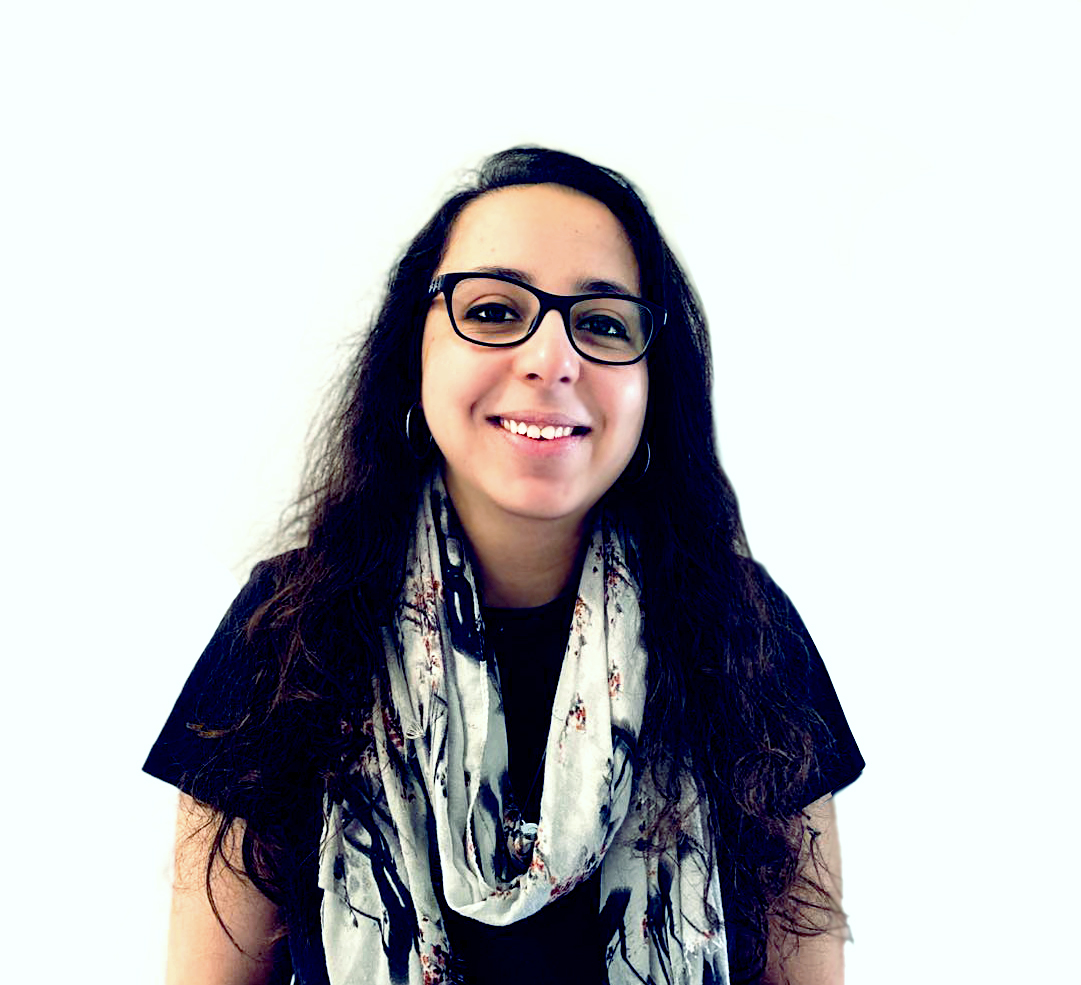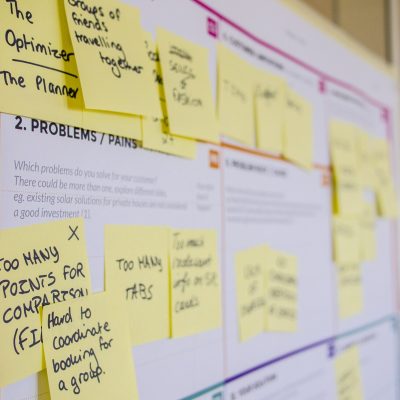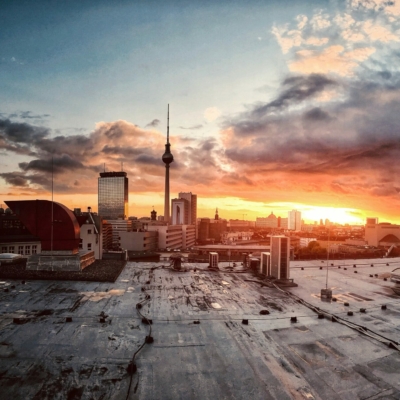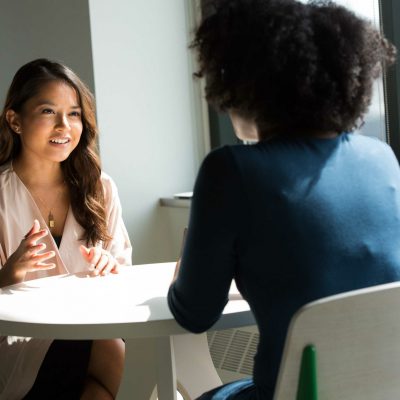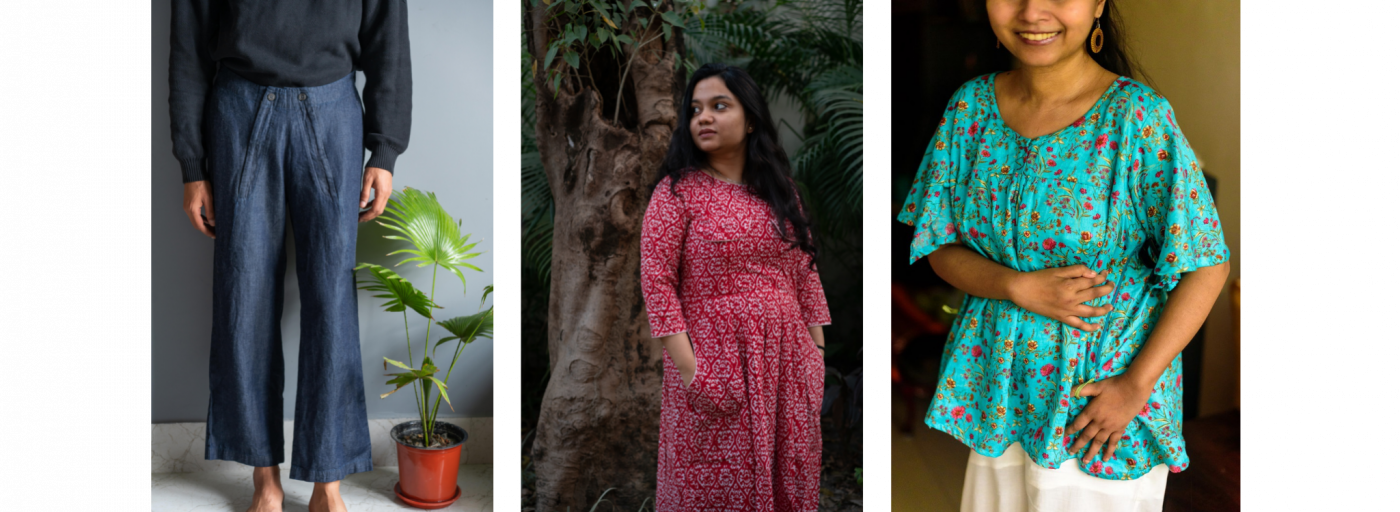
Clothing is a Fundamental Right: How Zyenika is Making Fashion Inclusive
Edited by: Annika Ledeboer.
“Clothes Make the Man”, goes a saying. The more poetic version goes “Fine feathers make fine birds”, and both versions have an essential message in common: What we wear matters. Our clothes can be a form of expressing ourselves, of practicality (think intense workouts that you wouldn’t want to perform in a ball gown), of safety (protective gear on building sites, for instance), of warmth, or simply a hobby.
As multi-faceted and diverse clothing styles can be, as are the humans that wear them. Not everyone is built to fit the standard sizes that the mainstream fashion industry tries to advertise for and enforce.
Soumita Basu and her business Zyenika are working towards a more inclusive fashion sector. Zyenika creates different designs tailored to address various challenges of limited mobility and provide beautiful, elegant, comfortable and painless outfits. In 2021, Soumita Basu took part in the second edition of our Landing Pad Berlin in partnership with AsiaBerlin, which focused on equipping founders with the right tools and skills to get established in Berlin. After the program’s Demo Day, we had a chance to chat with her about her motivation, her struggles, and her advice.
Can you tell us a bit more about how you came to found Zyenika?
My name is Soumita Basu, and I am Zyenika Fashion; my business and I have merged at this point. We’re still at a very early stage; we are working to create clothes that are really elegant and stylish with comfort that offers convenience and ease of wear irrespective of the person’s body type. Our clothes are there so that they fit you.
“The idea that someone has to struggle with a need as basic and as fundamental as clothing is impoverishing in nature. Clothing is like food. There is a dignity that is lost when you just tell people ‘this is what’s available and you have to work with it.”
I wasn’t always looking to start my own business. After an acquired disability, I was struggling with my own clothes. I used to be very flexible and into a lot of dancing, sports, but I never felt comfortable wearing the type of clothes available on the shelves, they always made me feel self-conscious.
We don’t see any sorts of representation for people with disabilities in commercial clothing. But that’s now how clothing is made: they don’t take into account any body shapes or appearances. There is a large element of body shaming in it; I remember how I had to struggle to get into clothes and fit them, not the other way around.
How has your own experience influenced the idea to start your own company?
My disability for me was very empowering and very liberating. It was a gradual progression. At one point I wasn’t moving anything apart from my eyes. I was already stuck in a certain space, a certain bed. I’m not very mobile, I highly depend on other people. It has liberated me.
I don’t think I need to do anything to fit into somebody else’s design. You know what, ***k it.
Clothes are human-made. Cotton is the only thing that grows naturally, but the moment it is harvested and turned into yarn, its use is all human-made and -defined. So why should I submit myself to somebody else’s idea of design? It’s not the right way of doing things.
I am a grown woman. Taking a bath and changing clothes was a painful, traumatizing and invasive process for me at the start. When someone else has to help you dress, you don’t get to wear the clothes that you usually would choose; it’s almost like you’re wearing someone else’s clothes.
But you also see the potential, of what is possible, and think about how you want to achieve that. The credit should go to my sister – who first helped me put it all together. It started with a simple and very elegant sleeve, a skirt styled into a dress. If we can make small changes to help us in our own lives, maybe something else can happen: something that anybody can design or put together according to their own taste and comfort.
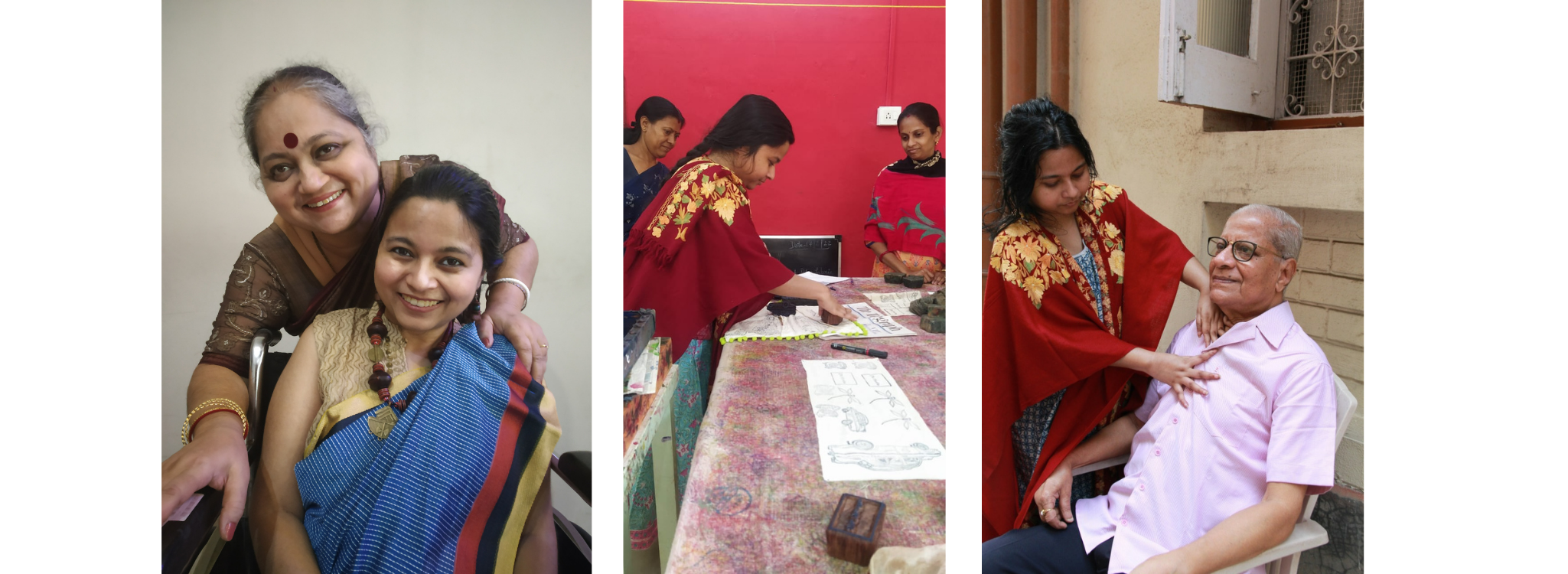
What were the most important considerations when you were setting up the business?
I didn’t want to start Zyenika as an NGO. Nobody looks at this sector as a market. Charity does not go well with dignity. If you’re offering a product, then people will buy it and assign value to it. I am just here to replace their wardrobe with something that they will feel better with and identify with.
The question “Is it really possible to make clothes like this?” often came up as I was planning the business setup. The short answer is: Of course it is. Humanity has gone to Mars and back; we have high-tech that was so far unheard of. We’ve already accomplished the most difficult part of clothes-making thousands of years back.
If I can prove that there is a solid market within the inclusive sector, then even if nobody else does it in clothing, there will be someone setting up a furniture business, or accessories. There will be other sectors that go into inclusive markets. Let’s go in, let’s grab it, let’s help it grow.
I also wanted to have a viable and sustainable business, which does not depend on grants. It is running on the merit of its own venue, while also being inclusive when it comes to all stakeholders involved.
A sentence I often encountered is: “If I hire inclusively, that’s going to cost us.” I have not heard anything more stupid. You are hiring people because they have an ability or skill, not because of their disability or to tick a certain box. You are hiring by matching skills and qualifications. The point is to do the same thing but with affirmative action in mind.
Our products are not just for people with disabilities, they’re convenient for everyone who would like to prioritize comfort while still looking fashionable. Not only wheelchair users benefit; everyone can benefit from our products. Similarly you can have an inclusive work environment.
This inclusive working environment will then benefit everyone. Most of the things around us are designed by able-bodied young men. And they have no clue how the rest – the majority – of the population lives. In essence, most of our public spaces, if you think of design more broadly, all of it is done by able-bodied men.
I wanted to change things, and I know that I, alone as an individual, can’t change it. As an organization, I can. I can just stand up and say do not ever give me the bullshit that inclusion is not possible.
Setting up a business is usually a joint effort. What kind of support could you rely on?
I actually started with no money. For me, it was completely impossible to ask for money from my network, as a few months before I started, I did a crowdfunding for my health expenses. So I kind of exhausted all the favors for my personal use.
I knew that I wanted to do this, but I didn’t know how. My advice to others in this situation is: Do whatever you can, with whatever you have.
In my case, I had some old clothes that I started experimenting with. Don’t wait for the perfect moment, it’ll never come. Kick your way through. If you think the door is not opening, open the window. I believe in authenticity. I didn’t want to pretend, I am what I am and my challenges are very real and very out there.
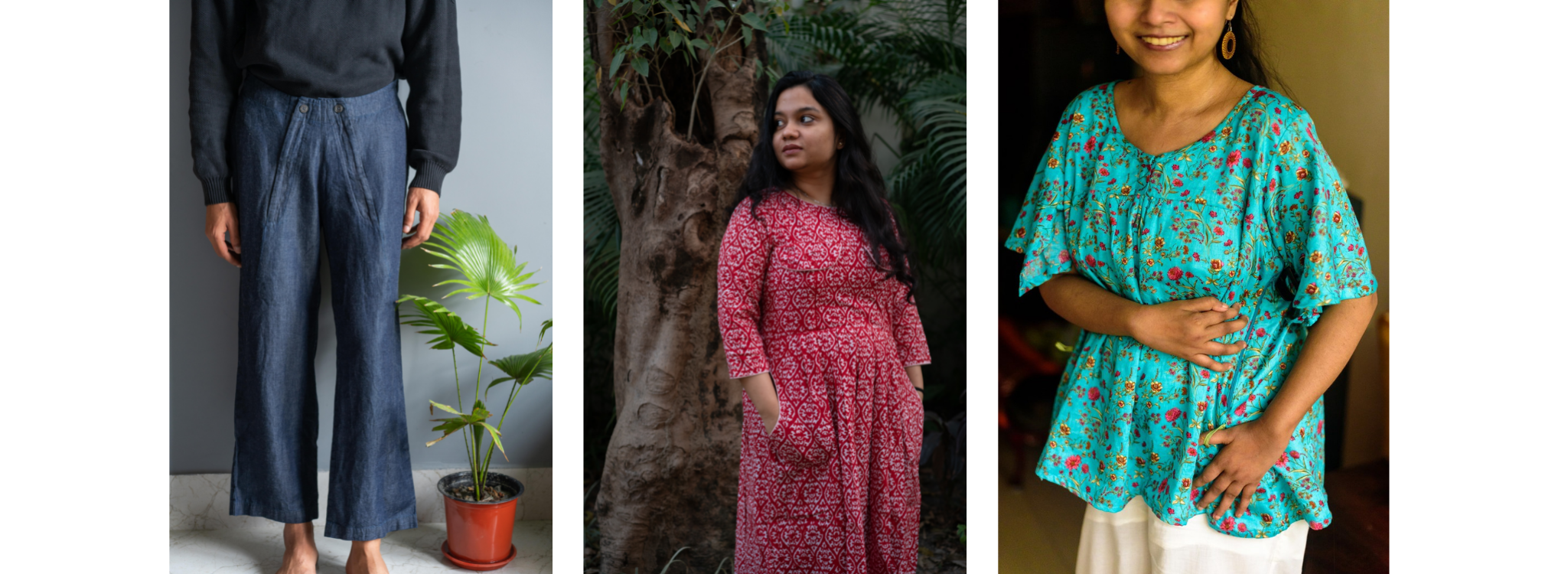
When you joined the Berlin Landing Pad, what kind of value and support did you get there?
When I joined the program, I was not looking for monetary investment, my goal was to find the right connections and right collaborators in the market. So I was looking for brands in the European and Northern European markets that I can enter production partnerships with.
The most important things that Landing Pad has done for me was to give me the networking opportunity and open up some doors in the European market. The experts and mentors who were taking part were so accomplished in what they do, and I think that level can only come with being humble. They were prepared, professional, and really gave me the time of day and made for incredible 1-on-1 sessions and helped me with the professional ethics.
What advice do you have for people working in the same field?
I would just like to say please don’t think of inclusion just in terms of disability, look at inclusion as a bigger picture. Inclusion should be everyone in the margins. It’s also the mental body, the gender body, nationalities, cultures.
If you’re an ambitious brand, you should look at the whole thing. Don’t think about what you personally think is inclusive.
And remember: you cannot be exclusive in your organization and sell to an inclusive market.
